Top Five HR Compliance Hurdles Facing Businesses in 2024 Unveiled

TOP 5 HR COMPLIANCE CHALLENGES IN 2024
Written by Ryan P. Collins, MBA, PHR, SHRM-CP
Mar 18, 2024 | Labor Compliance
As we navigate through the complexities of the modern workplace, HR compliance emerges as a critical, continuously evolving concern for organizations worldwide. The year 2024 is no exception, introducing new labor laws and employment regulations that are set to redefine business operations. This blog post delves into the most significant HR compliance challenges that companies are poised to face in 2024, emphasizing the importance of understanding and adapting to these emerging labor laws and regulations to ensure organizational success and integrity.
1. Navigating Remote Work Regulations
The adoption of remote and hybrid work models has dramatically transformed the traditional workplace. This shift, accelerated by global events, has offered unprecedented flexibility and access to a wider talent pool but has also introduced a myriad of regulatory challenges that organizations must address. Companies must now contend with complex tax implications arising from employees working in different jurisdictions, each with its own set of labor laws. Furthermore, developing remote work policies that comply with international, federal, and state laws requires meticulous attention to detail and a comprehensive understanding of varying legal requirements. Issues such as data security, employee monitoring, and ensuring equal opportunities for remote workers also come to the forefront, demanding strategic planning and policy development.
2. Adapting to Gig Economy Changes
The gig economy has seen exponential growth, significantly impacting traditional employment models and challenging the way organizations classify and manage their workforce. The primary concern here lies in accurately classifying workers as independent contractors or employees, a distinction that has vast implications for benefits, tax, and legal responsibilities. New labor laws aimed at protecting gig workers introduce additional compliance requirements, including ensuring fair wages, providing necessary benefits, and safeguarding against unjust termination. Organizations must adapt their HR practices to these changes, implementing flexible but compliant management strategies for gig workers.
3. Ensuring Data Privacy and Protection
The digital transformation of HR processes has heightened the importance of data privacy and protection, making it a central compliance concern for organizations. HR departments must navigate the complex landscape of data protection regulations, such as the General Data Protection Regulation (GDPR) in the European Union and the California Consumer Privacy Act (CCPA) in the United States. These laws mandate strict guidelines on the collection, storage, and usage of employee data, imposing hefty penalties for non-compliance. Implementing robust data protection policies, ensuring employee consent, and maintaining transparency in data handling practices are critical steps in safeguarding against breaches and ensuring compliance.
4. Complying with New Labor Law Updates
The legal landscape for labor laws is constantly evolving, with new updates and amendments challenging organizations to stay informed and compliant. Recent changes in labor laws, such as adjustments to minimum wage requirements, modifications in overtime pay regulations, and the introduction of stricter anti-discrimination laws, have significant implications for HR practices. These laws not only vary by jurisdiction but are subject to rapid changes, requiring HR professionals to remain vigilant and adaptable. Staying ahead of these updates, understanding their implications, and implementing necessary changes in policies and practices are essential for maintaining compliance and avoiding legal pitfalls.
5. Managing Diversity and Inclusion Efforts
The push towards creating more diverse and inclusive workplaces has gained momentum, driven by both legal mandates and a societal shift towards equity and representation. Developing and maintaining effective diversity, equity, and inclusion (DEI) initiatives is not merely a moral imperative but also a compliance necessity. Organizations face the challenge of navigating a complex set of legal requirements related to equitable hiring, promotion practices, and creating an inclusive workplace culture. Compliance in this area involves proactive measures to mitigate bias, ensure equitable treatment of all employees, and foster an environment where diversity is valued and promoted.
Wrapping Up
The landscape of HR compliance in 2024 presents a challenging yet crucial field for organizations to navigate. The highlighted challenges underscore the importance of a proactive, informed approach to HR compliance, emphasizing the need for organizations to stay ahead of regulatory changes and adapt their policies and practices accordingly. By addressing these challenges head-on, companies can safeguard their operations against compliance risks and foster a workplace environment that is both legally compliant and conducive to growth and innovation.
For organizations seeking guidance, Synergy Consulting Group stands ready to assist you in navigating these complex issues. Partner with us to ensure your company remains compliant, resilient, and forward-looking in the face of evolving HR compliance requirements. Get in touch with us today to discover how we can collaborate to achieve HR compliance excellence in 2024 and beyond.

Authored by
RYAN P. COLLINS, MBA, PHR, SHRM-CP
Principal, Synergy Consulting Group
With more than 10 years of multi-state executive HR leadership experience, Ryan brings a proven track record of transforming routine people operations into a competitive advantage, boosting bottom lines, and molding high-performance cultures. Throughout his career, Ryan has successfully developed and implemented large-scale HR and people operations plans and strategies for both domestic and international organizations, across several industries with 50-5,000 headcount.
As the Principal Consultant at Synergy Group, Ryan directs, manages, and conducts comprehensive employee relations, internal communications, internal crisis management, and workplace investigations consulting for diverse clients across various industries. Leveraging his strategic insights and extensive HR expertise, Ryan advises on and executes high-impact initiatives that enhance workplace harmony, engagement, and productivity.
Ryan holds a Bachelor’s degree in Business and HR Management from the University at Buffalo and an M.B.A. in International Business and HR Management from Medaille College. He then continued to complete two Post-graduate certificates from Cornell University in Employee Relations and Investigations, and Strategic Human Resources Leadership. Ryan is certified as a Professional in HR Management (PHR) by HRCI and a SHRM-Certified Professional (SHRM-CP) with a Specialty Credential in Workplace Investigations, and is also a Certified EEO Investigator with the United States EEOC.

Ready to Work with Synergy?
Schedule a conversation and receive a complimentary Risk & Needs Assessment.
No obligation, no hard sales pitch.





